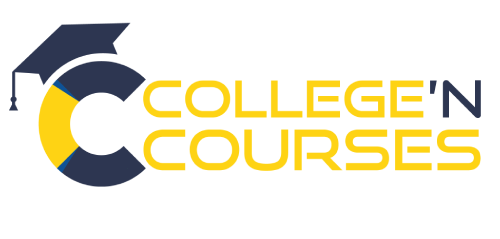The development of strategic HR competencies for efficient workforce management is the main goal of an MBA in Human Resource Management. Recruitment, training, employee relations, and organizational development are just a few of the topics covered in the curriculum. Students gain leadership and communication skills as they discover how to match HR procedures with corporate goals. Talent acquisition, retention, and fostering a positive work environment are prioritized. Graduates can effectively navigate the ever-changing HR landscape and maximize human capital to contribute to the success of their organizations. The program prepares people for leadership roles in HR departments across a variety of sectors by fusing theoretical knowledge with real-world applications.
Advanced human resource technologies, data analytics, and change management techniques are all included in an MBA program in human resource management. It prepares students to handle issues that arise in the modern workplace, like managing remote teams and implementing diversity and inclusion programs. The curriculum frequently incorporates opportunities for experiential learning, which supports the growth of negotiating and conflict resolution abilities. The curriculum, which places a strong emphasis on moral decision-making, equips HR directors to handle challenging legal and regulatory environments. Students also investigate new developments such as gig economy management, which encourages HR procedures to be flexible. All things considered, this MBA offers a comprehensive grasp of HR dynamics, equipping workers to meet the changing needs of the labor market.


